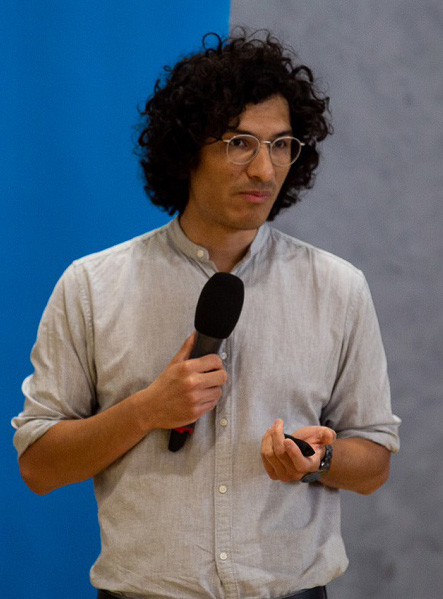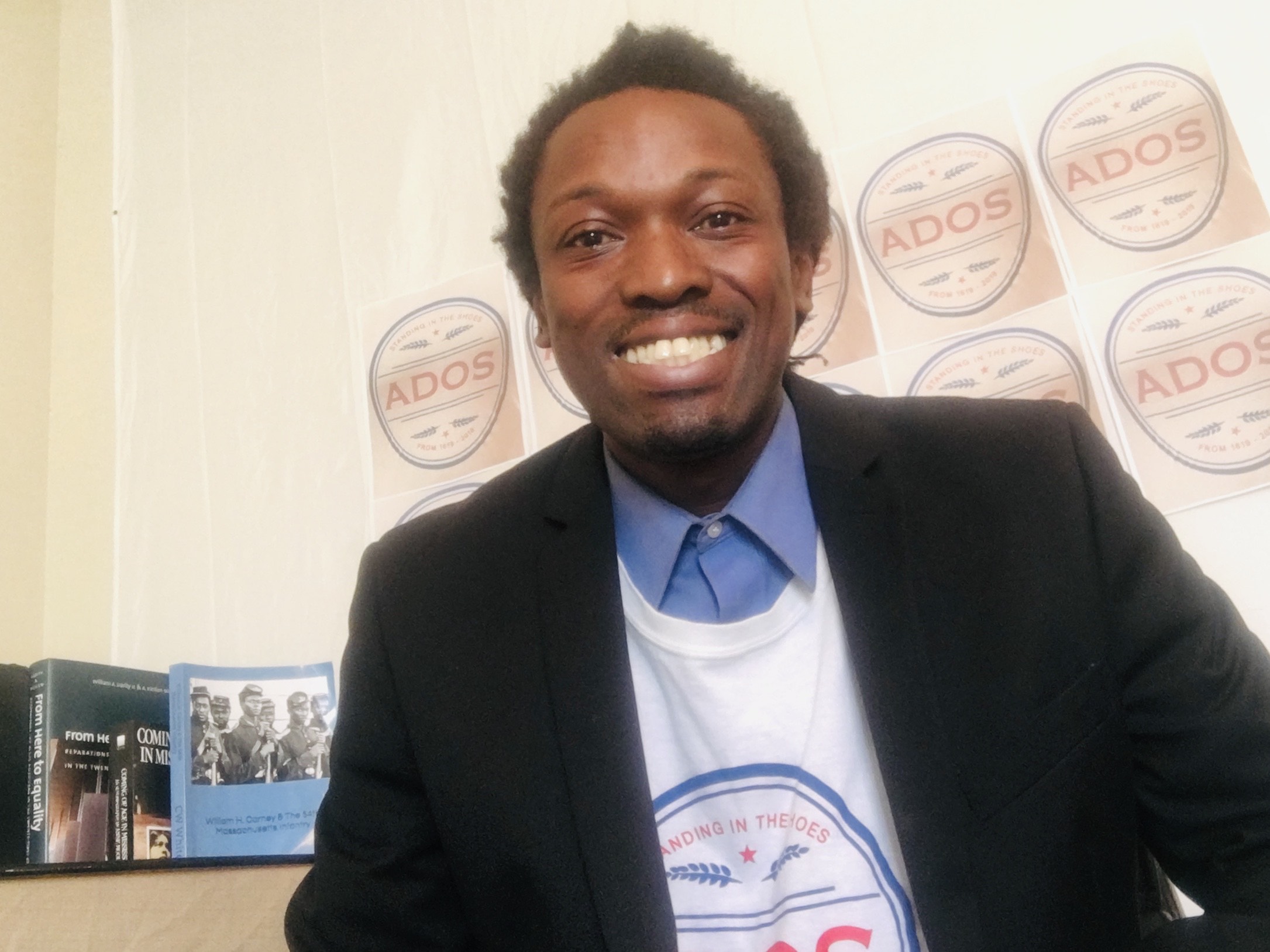The Harvard Kennedy School teaches public policy on the Ivy League campus in Cambridge, Mass., and conducts research in subjects relating to politics, government, international affairs and economics. It was established in 1936 and was officially named the John F. Kennedy School of Government in 1966 to memorialize the life of the president assassinated in 1963.
Harvard established The Shorenstein Center on Media, Politics and Public Policy in 1983 with a mission to explore and illuminate the intersection of press, politics, and public policy in theory and practice. Nancy Gibbs, an Edward R. Murrow Professor of Practice and the faculty director, leads the strategic and academic focus for the center and was editor-in-chief of TIME Magazine from 2013 to 2017.
Subsequently, the Harvard Kennedy School Review was founded in 2000 with a mission “to publish articles that offer compelling analysis and insight and put forward pragmatic and innovative solutions for the major issues of our time.”
Engagement with the press is its main focus.
HKS Advisers Wield Major Influence in the Media
The Shorenstein Center’s advisory board includes some of the most influential leaders in journalism, academia, and public policy such as Eugene Scott of The Washington Post and former Turner Broadcasting CEO Philip Kent. Their research has generated six main research projects designed to cover the “breadth of topics that are currently affecting the information ecosystem, trust in news, the journalism industry, and access to truth in our democratic societies,” their social media states. The school reported a $1.3 billion endowment in 2019.
The HKS Misinformation Review also launched in January 2019. Its website says it “the only peer-reviewed journal dedicated to publishing multidisciplinary research on mis- and disinformation.” It operates on a “fast peer review” process that ensures the academic rigor of the articles, but on a much faster timeline than traditional academic publishing, because the research being published is “timely and of great importance to practitioners currently working to combat disinformation and its effects.”

Today, The Shorenstein Center and the HKS Misinformation Review are both at the center of one of the most fabricated multimedia scandals involving Black politics in American history. On Jan. 18, 2021, Harvard’s Shorenstein Center published “Disinformation Creep: ADOS and the Strategic Weaponization of Breaking News” in the special issue on disinformation in the 2020 elections. Dr. Ann Crigler (Professor Of Political Science, USC) and Dr. Marion R. Just (Professor Emerita Of Political Science, Wellesley College) guest edited the controversial “Disinformation Creep” article.
“The article, now formally retracted, charged ADOS Advocacy Foundation founders Yvette Carnell, Antonio Moore and all ADOS self-organized chapters of “creating an online network that leverages Black identity and breaking news to implicitly or explicitly support anti-Black political groups and causes, strategically discouraging Black voters from voting for the Democratic party.”
The ADOS Advocacy Foundation published a scathing rebuttal in June 2021, citing the authors’ use of a “corrupt and biased approach” in their research. The foundation responded with this statement:
“The Harvard Kennedy School’s Misinformation, “Disinformation creep: ADOS and the strategic weaponization of ‘breaking news’, is a clear attempt to use the Ivy League institution’s esteemed name to legitimize an ongoing smear campaign directed at the American Descendants of Slavery (ADOS) movement. The report ascribes a familiar set of demonstrably false motivations to our political advocacy, with the authors frequently substituting subjective claims, innuendo, and outright lies for the sort of empirically-backed assertions one would expect to find in a publication from such a prestigious university. …
“We reject in the strongest terms possible the allegation that the ADOS organization has ever used breaking news to manipulate the Black community into voting Republican or, for that matter, abstaining entirely from the act of voting in the 2020 presidential election. And one will search the Harvard report in vain trying to locate a single piece of evidence that substantiates that claim.”
Former Harvard Researcher Conducts Independent Review
Former Kennedy School data scientist and now Princeton research fellow Alexei Abrahams conducted an internal and external independent review of the “Disinformation Creep” allegations against the ADOS Advocacy Foundation and its founders at their request. Abraham’s findings were damning. In his final analysis he states:
“After concerns were brought to our attention by the organization that is the object of the study, challenging the validity of the findings reported by Nkonde et al., the journal commissioned an internal review, conducted by a Harvard researcher not directly affiliated with the journal. The internal review found flaws in the methodology, as well as discrepancies between the data and the findings reported by the authors, resulting in unsubstantiated conclusions drawn from their analyses. We then commissioned an external independent review to verify the findings of the initial investigation.”
“After the post-publication review process was completed, the authors were invited to respond to the issues identified by the two reviewers. In their response, the authors conceded several of the defects in the study identified by the internal and external reviewers. The retraction decision was not taken lightly, but is one that we feel was necessary, as certain of the principal conclusions reported in this paper cannot be considered reliable or valid.”
This is a rare occurrence—Only four of every 10,000 papers are retracted.

Rewarded For Invalid and Unsubstantiated Research
ADOS is an acronym for American Descendants of Slavery. The ADOS Advocacy Foundation is a bipartisan 501(c)(4) nonprofit political advocacy organization that lobbies lawmakers in local, state and national government on behalf of policies that are specific to Black (ADOS) communities.The key issues for Black voters are environmental, economic and social justice along with reparations (89% voted democrat in the 2020 presidential election).
The “Disinformation Creep” article was filled with accusations of voter suppression and misinformation pertaining to ADOS and their online activities. These coordinated smears affected their national organization’s local community outreach efforts. Foundation’s CEO Yvette Carnell fired back in an interview with RetractionWatch.com on Dec. 22, 2021: “This article threw cold water on our momentum, an act which I can’t help but wonder if this was intentional. Why would a wealthy white institution choose to put a small, Black group in its crosshairs? Why was MoveOn involved, given their blatant conflict of interest?”
The leading author of the “Disinformation Creep” article was Mutale’ Nkonde. NKonde is the founding CEO of AI For the People. There were numerous co-authors, including several affiliated with Media Matters and MoveOn.Org, both progressive political organizations. While conducting the research for this article, I noticed that there was no mention of Mutale’ NKonde as CEO on the official AI For the People’s website; only the board and team are mentioned. She has become a star in the world of artificial intelligence and social justice, often speaking at predominantly white institutions. Her relationships span from the fashion industry to the White House and the UN.
Ironically, prior to the release of NKonde’s now-unsubstantiated “Disinformation Creep” article, the MacArthur Foundation awarded AI For the People $220,000 between 2020 and 2021: two grants, including $200,000 for Journalism & Media and Technology and $20,000 in the area of Public Interest. The funding was to “create new knowledge about the impact of technology’s design and governance on Black communities and to break down barriers for more African Americans to participate in public debate on important tech-related policy issues that affect them.”

Lack of Accountability Standards In Journalism
Their statements contradict the coordinated efforts of Mutale NKonde, Ray Serrato of MoveOn, AI For the People, Harvard Shorenstein Center, and a host of other influential entities in journalism, academia and public policy who have attempted to silence Black dissenting voices in the public debate via social media. All the while, they refuse to point to the lack of support for reparations and a Black agenda in Washington, D.C.
Media outlets parroted defamatory HKS Misinformation Review talking points ad nauseam during the 2020 presidential campaign. MSNBC’s Joy Ann Reid, Malcolm Nance, former TV One pundit Roland Martin, the Urban League’s Marc Morial, and CNN’s Angela Rye were among Black journalists and co-conspirators who accused ADOS of being “MAGA” supporters, xenophobic, nativists and “Russian Bots” as a result of a dangerously targeted media campaign.
Black civil-rights organizations deserve the right to be heard in the court of public and world opinion. Faith in our democracy depends on the interests of the dissemination of trustworthy information in the media. Our newsrooms should be held accountable to the people and not allow themselves to be influenced by special interests and think-tanks in Washington, D.C.
I often wonder if it’s already too little, too late.
This MFP Voices essay does not necessarily represent the views of the Mississippi Free Press, its staff or board members. To submit an essay for the MFP Voices section, send up to 1,200 words and factcheck information to azia@mississippifreepress.org. We welcome a wide variety of viewpoints.
Correction: The original version of this story said RedactionWatch, rather than RetractionWatch. We apologize for the typo and thank the reader who pointed our the error.






